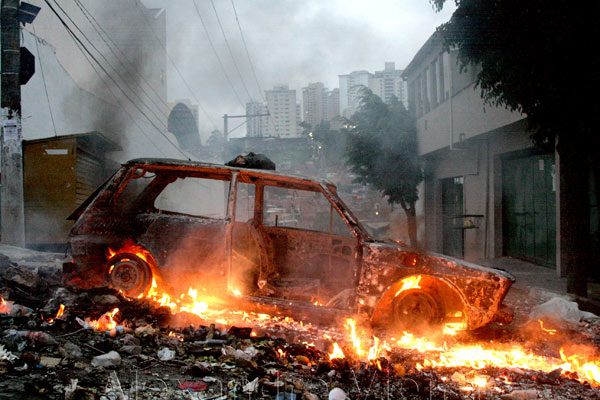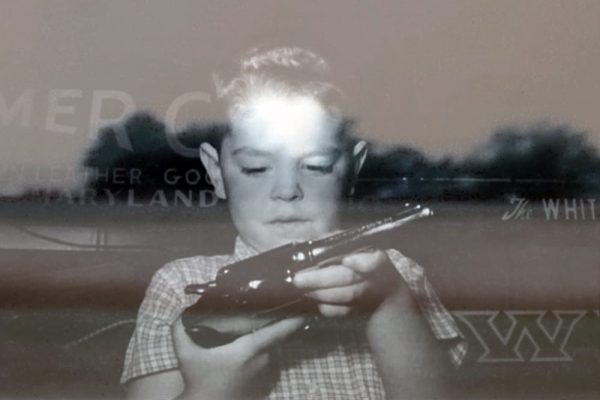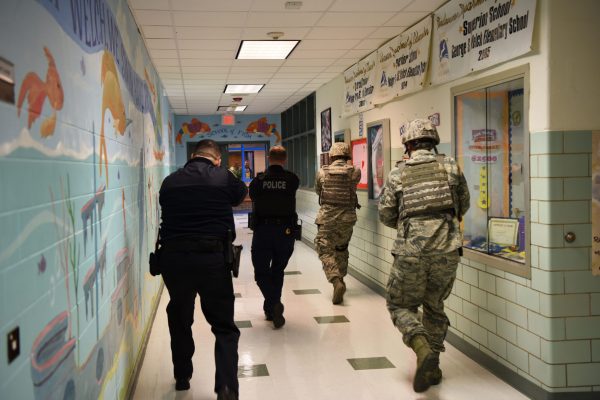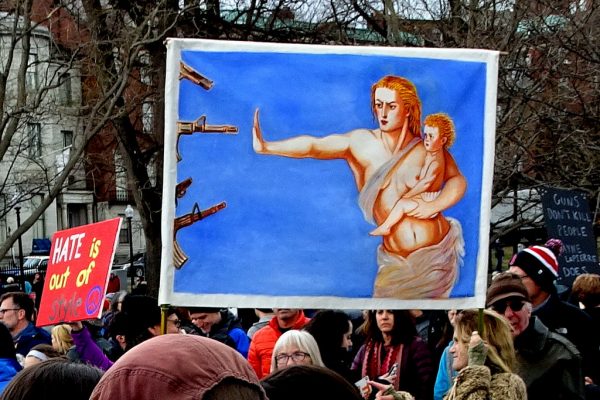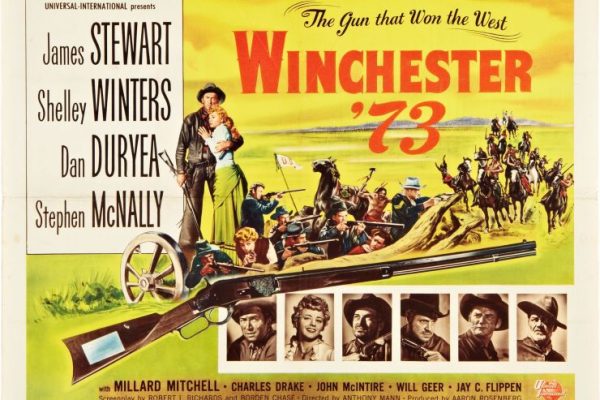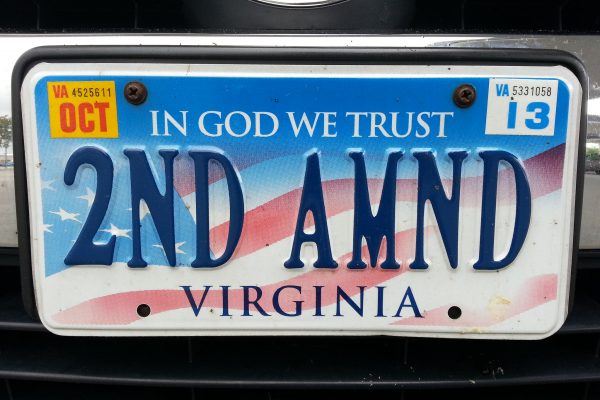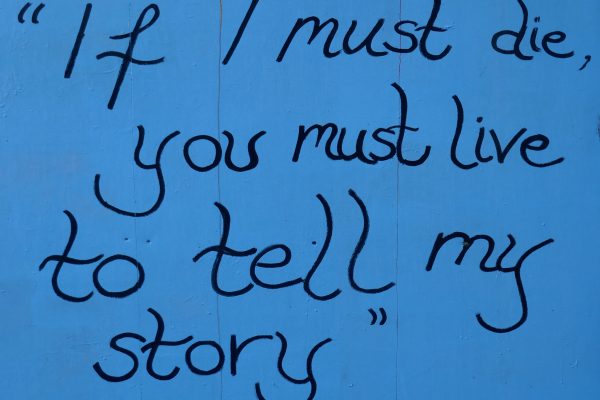The fatal gunshot that actor Alec Baldwin fired on the set of Rust last week is not the only news story featuring guns that demands our concern. In three days time, a case goes before the Supreme Court that could drastically alter the landscape of common-sense gun control. New York State Rifle & Pistol Association Inc. v. Bruen challenges a New York law that requires individuals to get a license to carry a concealed firearm outside the home, arguing that it violates the second amendment. SCOTUS seems poised to agree.
At stake in the case is not only whether blue states and cities such as New York, Los Angeles, and Boston have the right to enact laws that regulate guns in public space, but, as Jonathan M. Metzl shows in a new essay, decades of successful gun-violence prevention laws that stop mass shootings. “From the broad perspective of public safety,” he writes, “New York’s gun laws have been remarkably effective. New York has seen dramatically fewer mass shootings than states without equivalent gun-control regulations.” In comparison, right-to-carry laws in red states “correlate with increases in violent crime, homicides, gun trafficking, and gun suicides, as well as an increased likelihood that incidents of road rage and domestic arguments will turn fatal.”
Alongside Metzl’s new essay, we’ve dug into our archive to bring you our best writing on guns in the United States and beyond, from São Paulo’s gun library to one man’s account of his eight years carrying a firearm for safety in 1980s New York. Meanwhile, Mark Tseng-Putterman argues that contemporary gun violence is not so much terrorism as it is tradition, deeply intertwined with the white supremacist foundations of the United States. A recent interview with Roxanne Dunbar-Ortiz echoes this, as she explains how the modern NRA was born at the border, fusing gun rights with immigration enforcement. And of course, as Judith Levine shows, any discussion of gun control cannot be isolated from conversations about disarming the police.
Today’s reading list also asks: What happens when a school district votes to arm teachers? One anonymous Rust Belt educator takes us through the grim realities of training to kill one of his own students. But first, Walter Johnson’s sensitive exploration of the psychology behind shooting, in which he asserts that “the cause of the United States’s problem with guns is not guns, it is the United States.”
A childhood steeped in guns shows that toxic masculinity and racism are at the heart of U.S. gun culture.
New York State Rifle & Pistol v. Bruen may give the right—and its politics of racial resentment—a major win, at the cost of gun control laws known to prevent shootings.
The failure of institutions in São Paulo has paved the way for an ethic of organized crime.
Watch our release of documentary short The Rifleman on the NRA. Then read an interview with filmmaker Sierra Pettengill and historian Roxanne Dunbar-Ortiz.
What happens when a school district votes to arm teachers? A Rust Belt educator takes us through the grim realities of training to kill one of his own students.
The gun in my pocket was a declaration that the city had broken the social contract.
Contemporary gun violence is not so much terrorism as tradition.
Justice Scalia betrayed originalist interpretation when he defended an individual right to own guns.
Long before the Civil War, black abolitionists shared the consensus that violence would be necessary to end slavery.



